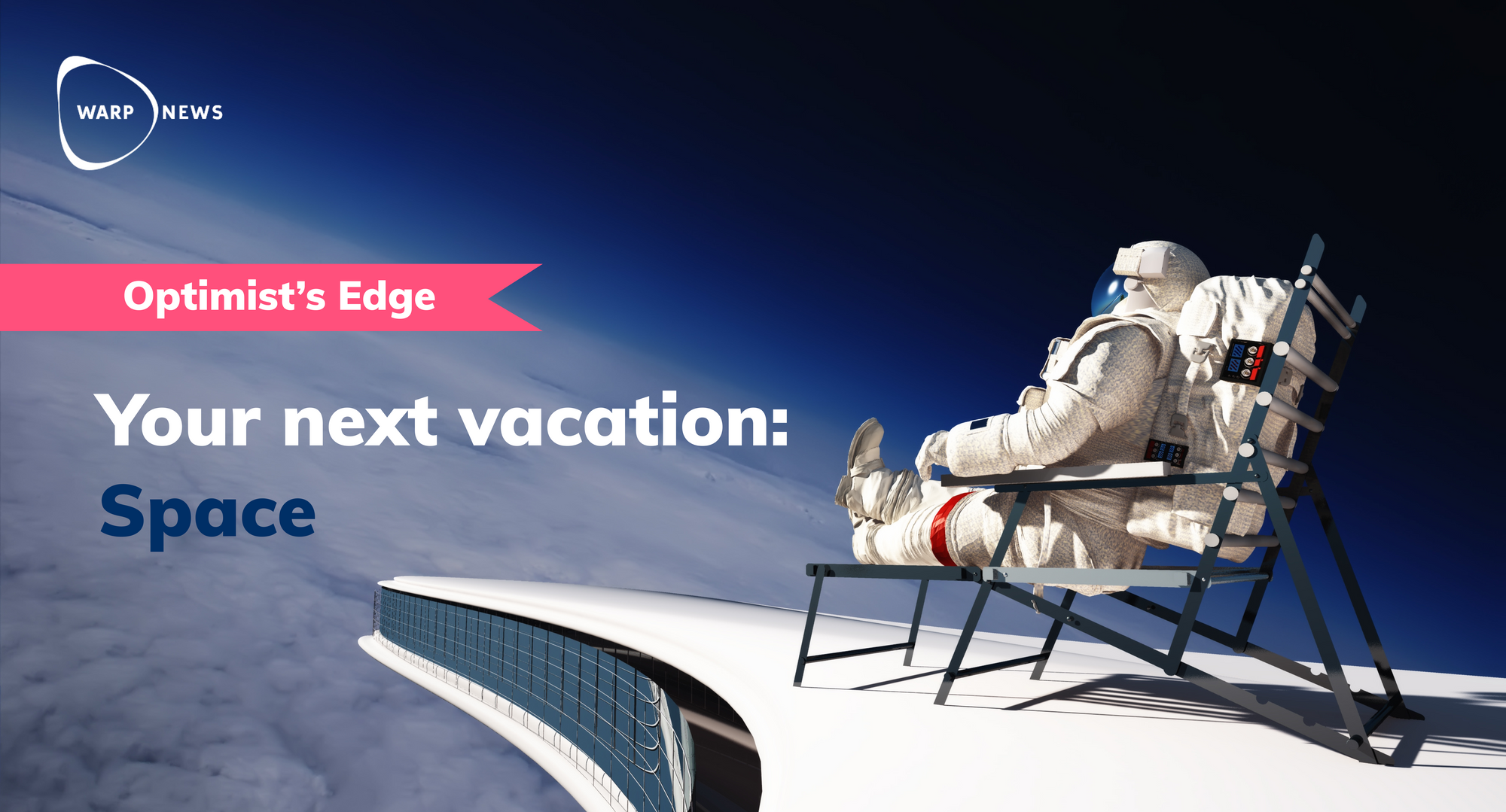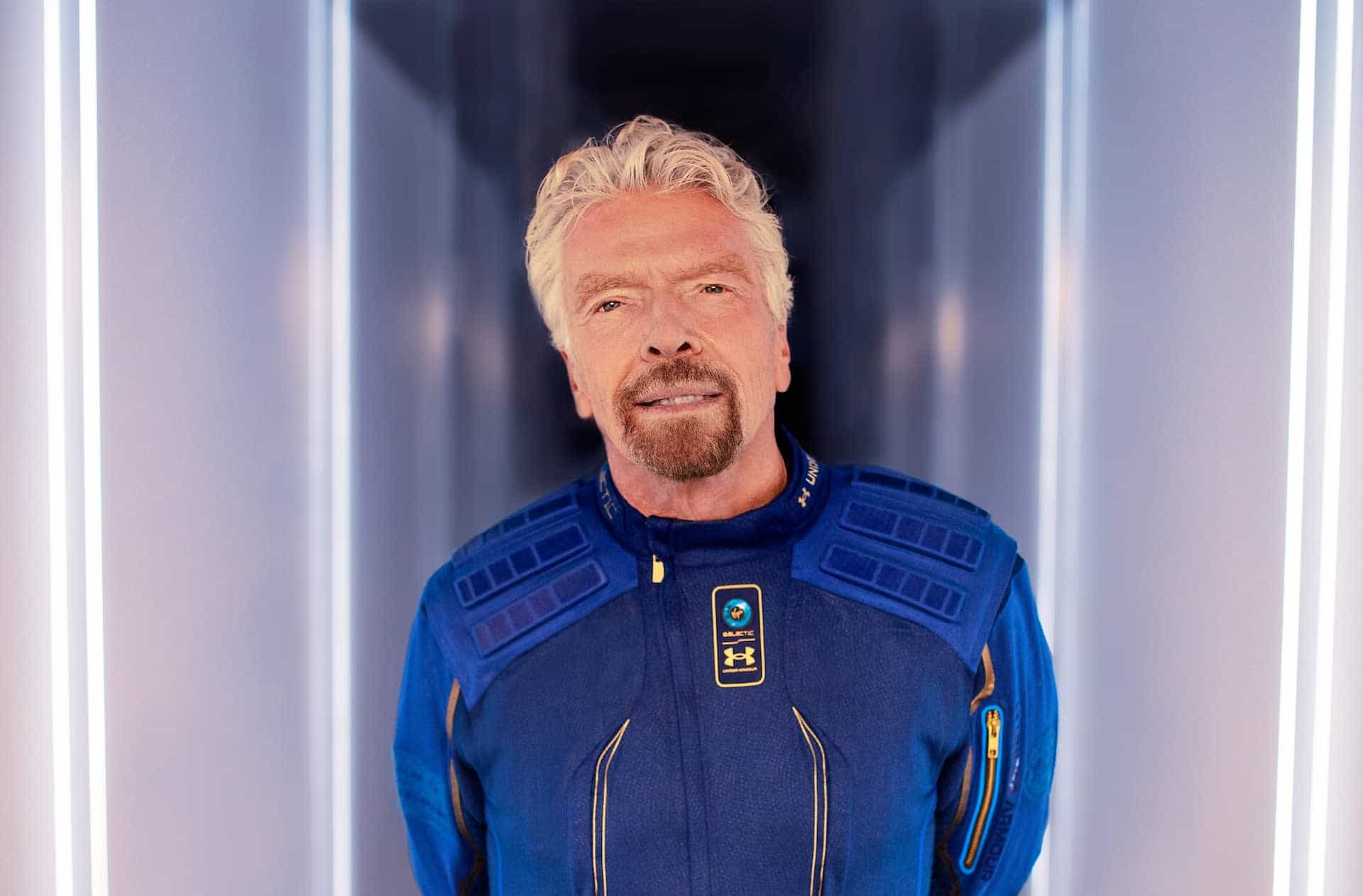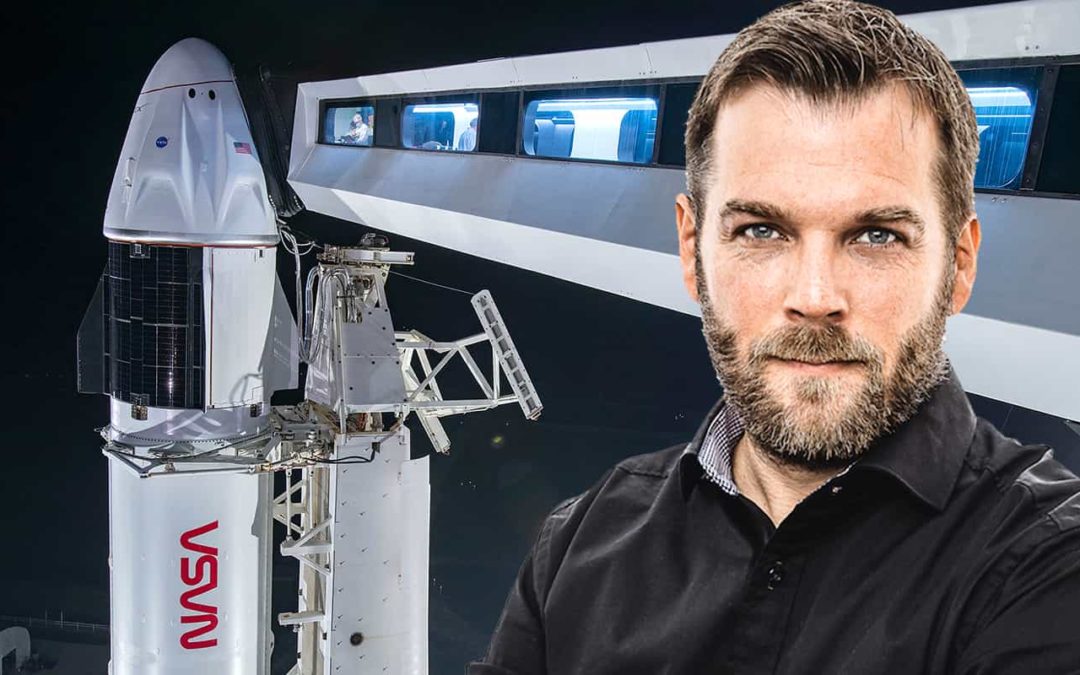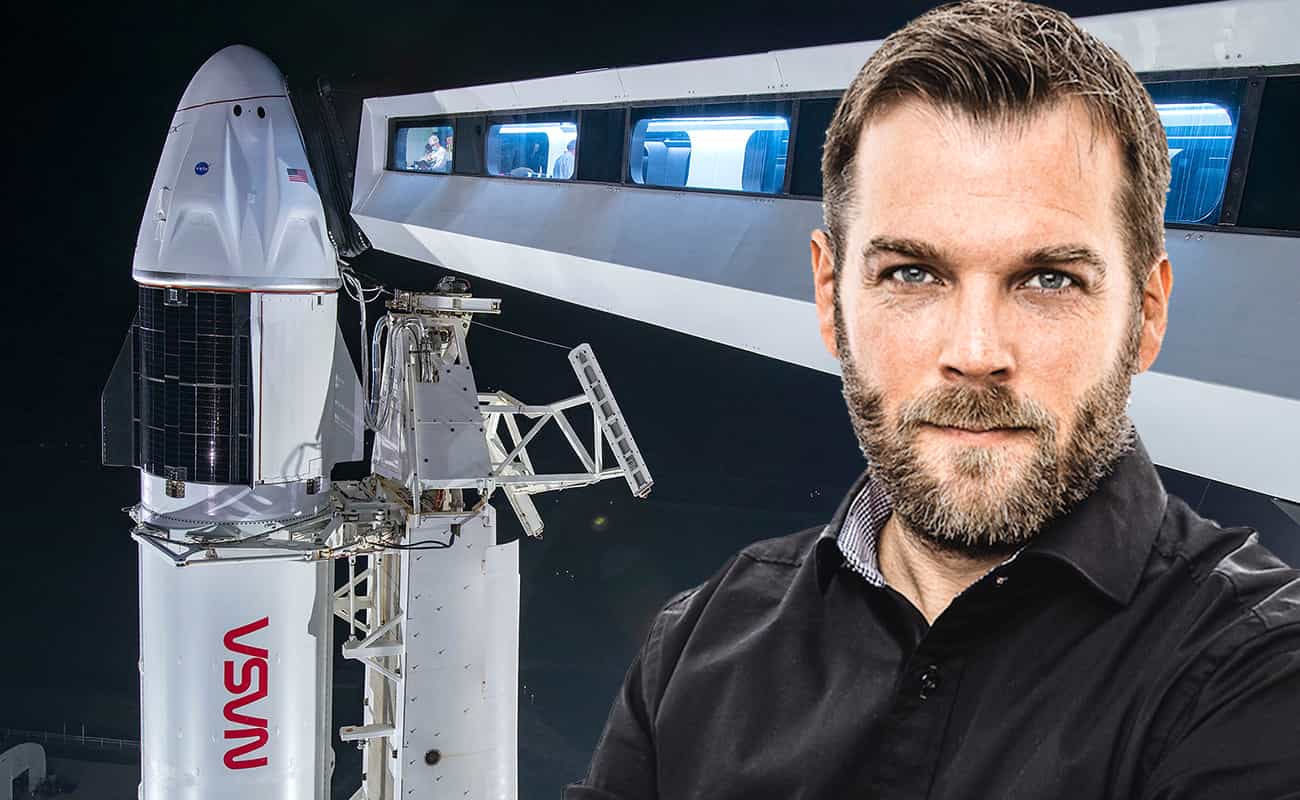
"I think fundamentally the future is vastly more exciting and interesting if we’re a space-faring civilization and a multi-planet species than if we’re not. You want to be inspired by things. You want to wake up in the morning and think “the future’s going to be great”.
He adds: "And that’s what being a space-faring civilization is all about. It’s about believing in the future and thinking that the future will be better than the past. And I can’t think of anything more exciting than going out there and being among the stars.”
This is being said from a stage in 2017, and it would have been either dismissed or ridiculed had it not come from the founder of both Tesla and SpaceX, Elon Musk. Despite competition from both Amazon's Jeff Bezos and Virgin's Richard Branson, he remains the number one poster name for the new space race and humanity's ambition to travel to and colonize Mars.
The space race – the journey is the destination
In this new space race, there's a trio of players who are particularly interesting: SpaceX, Blue Origin and Virgin Galactic. Along with the voyage to Mars, these companies are our salvation.
Elon Musk is right, going to mars does significantly increase our chances of survival as a species, regardless if we get there or not.
If there's ever been a time the expression has been called for, it's now: the journey is the destination.
With basically the same technology used in the space race of the late 60s and early 70s, it would cost about $ 10 billion to transport a person to Mars. That cost is now being pushed down to $ 200,000 by reusing spacecraft and rockets, a revolution for the space industry.
Transport and communication through space
The greatly reduced cost of launches has enabled SpaceX to build a satellite-based Internet service with global coverage: Starlink.
Cheap launches also mean a revolution for the satellite industry in general, which means that we can understand, detect, and as a next step prevent everything from forest fires to malaria outbreaks.
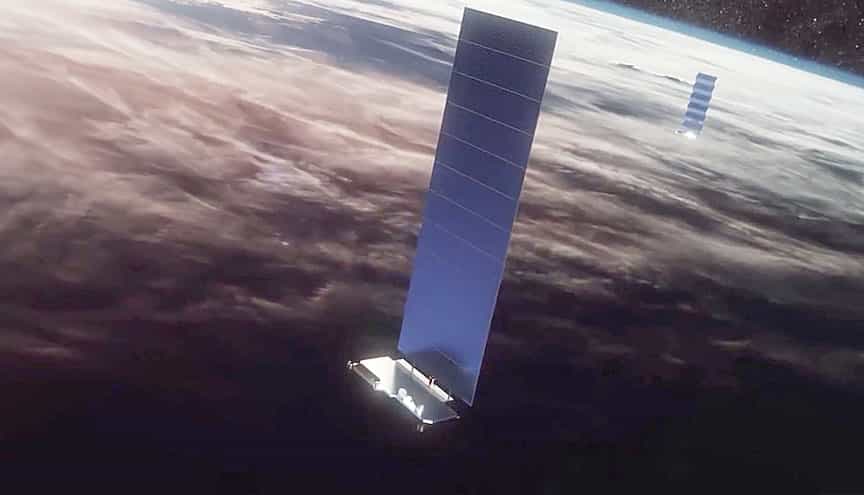
The ability to conduct research in space is made available to a whole world. We have already benefited enormously, and often unexpectedly, from space research.
Our transports are entering a new era, in the future, you will be able to
travel from Tokyo to New York in 25 minutes! SpaceX also plans to use its spacecraft for Earth travel, which will allow us to move faster than ever.
The journey to the red planet benefits the blue one
We are also entering an era of space tourism. Blue Origin and Virgin Galactic are now very close to giving the public the opportunity to take brief space trips where you can look out over the earth from above.
There's also a whole range of initiatives for space hotels. Many astronauts testify to the deep realization they've gained from seeing the earth from space, beautiful and fragile. It is my belief and hopes that it will lead to a fundamental shift in attitudes regarding our planet and environment.
Both the journey to the red planet and the stay there will take place in a closed cycle. We must leave the wear-and-tear mentality of our blue planet in the past as it is not sustainable neither here nor there. But the Mars journey makes the question pressing and forces solutions that we can also use here on earth.
Because once we successfully build a functioning cycle in an enclosed hull in the vacuum of space, we'll be able to recreate it down here.
Perhaps ironically, our journey to another planet can thus save the one we already have.
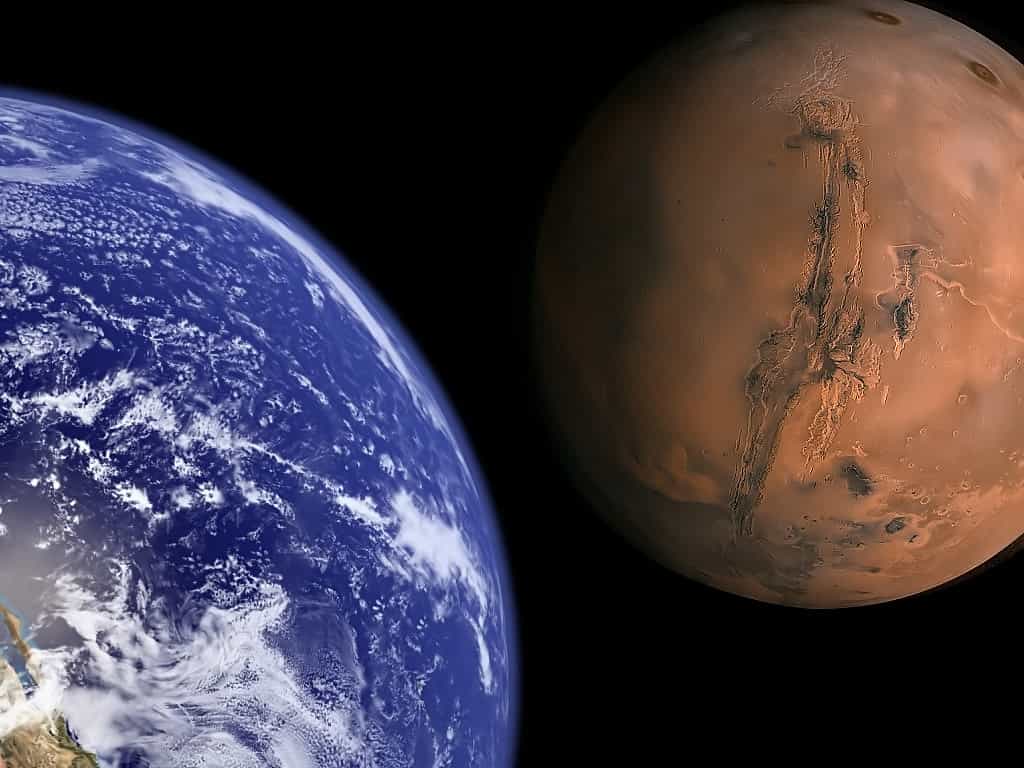
A gigantic peace project
SpaceX focuses on transportation, there and home, but to succeed in this greatest of challenges requires humanity's sharpest minds to collaborate across national boundaries between the private and the public.
The International Space Station ISS is a major peace project, in which Americans, Russians, Japanese and Chinese collaborate with Europeans and many other nationalities. The Mars project will be more immense and demanding, the greatest peace project man has ever seen.
The journey to Mars is the common challenge that welds us together in the ambition to ensure our survival as a species, even if we don't even get there.

